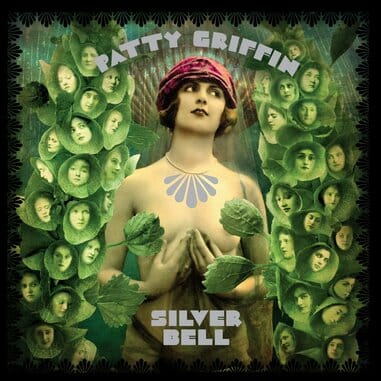Patty Griffin: Silver Bell

Silver Bell is an object lesson in how radically and thoroughly the music industry has changed in the 21st century. Coming off two very critically acclaimed yet commercially unspectacular albums, Patty Griffin recorded her third album in 1999 at Daniel Lanois’ New Orleans studio, with the understanding that A&M Records would release it just as it had released her 1996 debut, Living with Ghosts, and her 1998 follow-up, Flaming Red. However, the label had recently been purchased by Universal Music, which shuffled the imprints and upended the hierarchy. A&M canceled the release and shelved the album indefinitely.
Griffin took it in stride: She finagled her way out of her contract, signed to ATO Records, recorded a string of excellent albums, won a Grammy, toured (and shacked up) with Robert Plant, and currently reigns as the uncrowned queen of the roots rock movement. During that time she re-recorded a few of those Silver Bell songs, but the album persisted as a bootleg passed around between her devoted fans. Among them: the Dixie Chicks. The trio covered “Truth #2” on their 2002 album Home, and Natalie Maines tackled the title track on her solo debut, Mother, earlier this year. As Maines told Billboard recently, “Now I can’t steal from it anymore—it’s like my own personal treasure chest of Patty Griffin gold.”
Thirteen years later, Silver Bell is finally getting an official release—from Universal, no less. The conglomerate was purchased by Vivendi in 2004, but it still owns A&M, which has been combined with Octone Records to form a mutant two-headed monster label. As the need for flow charts has increased, album sales have decreased precipitously. Mid-level artists who were once considered bad investments now qualify as success stories, and Griffin in particular has outlasted almost all of her ‘90s peers. It’s taken nearly a decade and a half, but her old label now recognizes her as a viable artist.
-

-

-

-

-

-

-

-

-

-

-

-

-

-

-

-

-

-

-

-

-

-

-

-

-

-

-

-

-

-

-

-

-

-

-

-

-

-

-

-








































